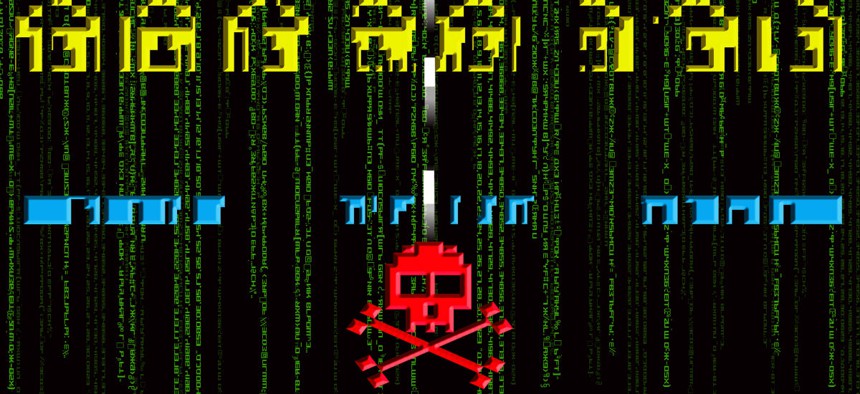Experts: Stop Calling Everything Cyberwar

lolloj/Shutterstock.com
Flubbing cyber terminology could have real-world consequences.
When it comes to nefarious deeds in cyberspace, it's important to keep one thing in mind: Cybercrime does not mean the same thing as cyberwar.
Squadron Leader Emma Lovett, an expert on armed conflict with the Royal Australian Air Force currently on exchange at the Pentagon, said she wants to set the record straight:
Lovett provided the audience a vocabulary lesson of sorts during a panel discussion Wednesday on the future of cyberwar at the 2015 Nextgov Prime conference. Although flubbing cyber terminology may seem like a trivial point, it could have real-world consequences, she said.
For example, take the term, "cyberattack." The United Nations Charter contains a very specific definition for the word "attack" -- one that gives the wronged entity the right to self-defense.
“When people talk about cyberwar, I listen and 90 percent of the time they mean cybercrime,” she told the audience in Washington, D.C. “If I had my way, we would be very careful about our use of terminology.”
Last year, when Sony Pictures was hacked, President Barack Obama used the word "cybervandalism," to describe the event. Lovett described her reaction to his choice of terminology as a "happy dance moment."
“He did it, in my opinion, deliberately…He was reducing what people thought about it,” she said.
Lovett wasn't alone in deflating the cyber rhetoric.
“My first thing is, well, the activity may be malicious... It may have actually had an impact that’s undesirable. It doesn't necessarily involve an attack,” said said Antonio Scurlock, senior cybersecurity strategist at the Department of Homeland Security’s National Protection and Programs Directorate.
(Image via lolloj/ Shutterstock.com)
NEXT STORY: NCSC launches phishing awareness campaign





